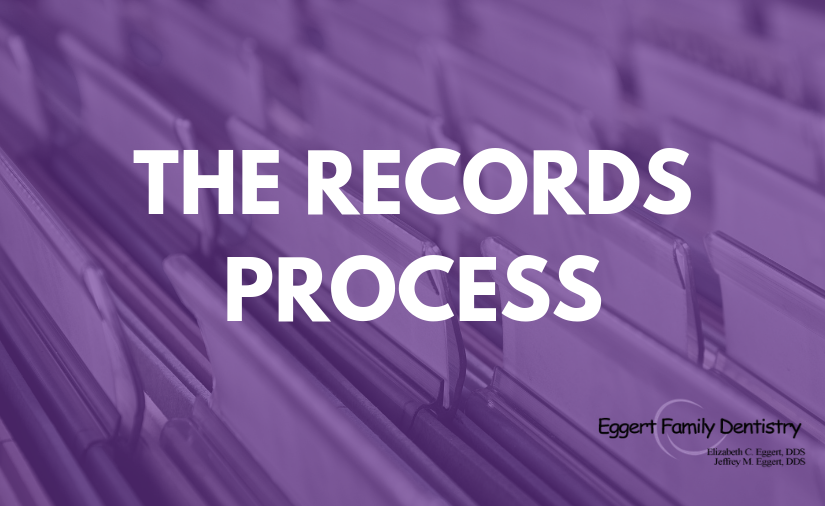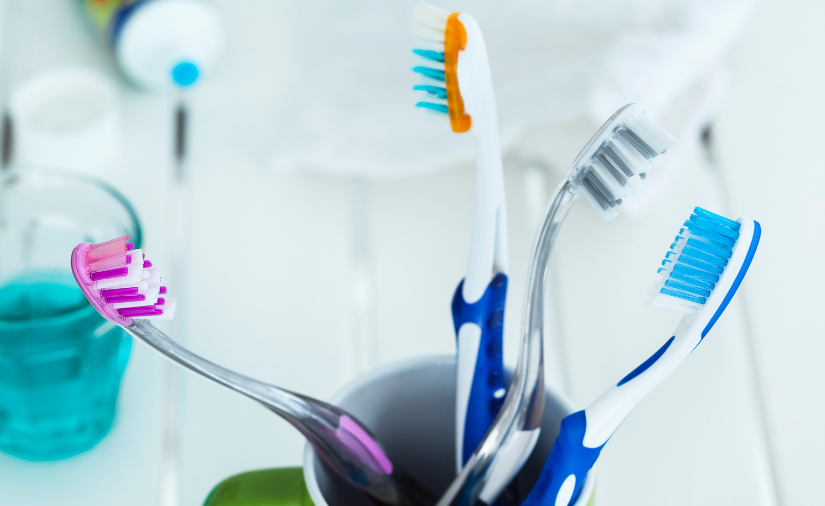By: Dr. Elizabeth Eggert
It’s commonly recommended that you replace your toothbrush after you’ve had a contagious illness like a cold or the flu.
The idea behind this advice is that lingering germs on the toothbrush could re-infect you, so starting with a fresh toothbrush will help you stay healthy.
What do you think? Fact or myth?
We’re here to come down on the side of MYTH. While we do want you to replace your toothbrush on a regular basis, avoiding your own germs is not a good reason.
Why (Your Own) Germs on Your Toothbrush Are Not a Problem
Here’s the deal.
The very act of recovering from an illness demonstrates that you’ve got an immune system and it’s doing its job. Your immune system has produced specific antibodies to fight off whatever is causing your illness. You’ve got those antibodies within you, actively fighting this illness, so even if there are lingering cold or flu germs on your toothbrush, they won’t make you sick again. Since you are brushing at least twice a day (right?), it’s not like your body can’t keep up with the few germs or viral particles on your toothbrush.
Now, if you happened to share a toothbrush or toothbrush holder with someone while you were sick, it’s a good idea to replace all those toothbrushes. This isn’t for the sake of the recovering person, but for the sake of the other folks.
Only someone who is severely immunocompromised might have a reason to worry about reinfecting themselves with their own toothbrush, and that’s still a long shot.
This is even true for some of the more serious contagious illnesses. For example, a study demonstrated that even people with strep throat don’t leave significant germs on their toothbrushes.
Proper Toothbrush Hygiene
Here are recommended best practices for your toothbrush hygiene, according to the American Dental Association (ADA). If you have any questions, Dr. Elizabeth and Dr. Jeff are happy to answer your questions too. You can also read our article on 8 Bad Brushing Habits.
- To avoid cross-contamination, keep everyone’s toothbrush separate.
- Don’t share your toothpaste or toothbrush.
- Rinse your toothbrush after use to remove food particles and toothpaste.
- Let your brush air-dry upright in an exposed container. Moisture invites bacteria to breed, so don’t cover it.
- Don’t soak your toothbrush in disinfecting solutions or mouthwash. This can actually lead to the spread of germs if multiple people use the same solution.
- Replace your toothbrush every 3-4 months, or sooner if it starts to look worn.
Why Are Toothbrush Bristles Colored?
Have you seen the blue colored bristles on some toothbrushes? The reason for colored bristles is actually two-fold. First, the colored bristles serve as an indicator of when it’s time to replace your brush. When the blue has faded, toss your brush and get a new one. Second, the blue bristles on kids’ toothbrushes indicate where and how much toothpaste to apply. Kids can be over enthusiastic about applying toothpaste, and you don’t really need very much to get the job done.
While we want you to replace your toothbrush regularly, there’s no need to overdo it and send an extra piece of plastic to the landfill before its time. Keep on brushing, stay healthy, and we look forward to seeing you at Eggert Family Dentistry in North Oaks, Minnesota. Give us a call today at 651.482.8412 to set up your next appointment!
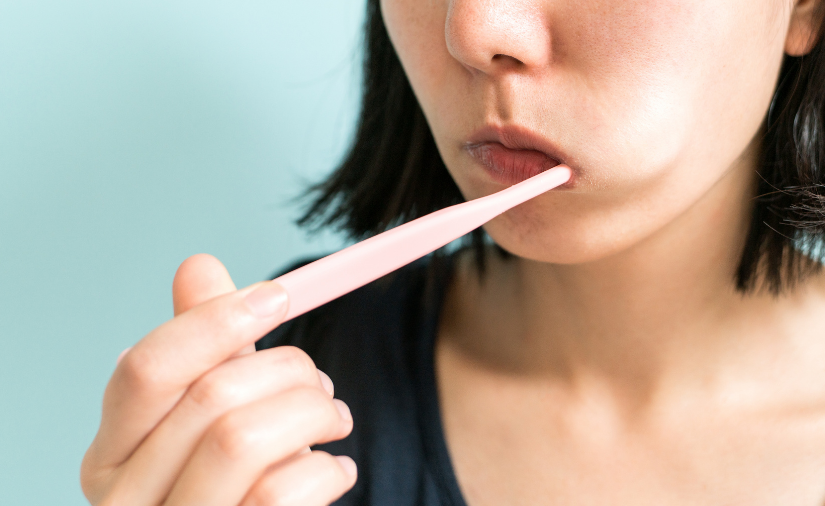


 There are many ways in which drinking water and staying hydrated contribute to your health, but drinking water also offers critical benefits to your oral and dental health as well.
There are many ways in which drinking water and staying hydrated contribute to your health, but drinking water also offers critical benefits to your oral and dental health as well. You may not realize that tooth decay thrives in a dry mouth. This is because saliva contains minerals such as calcium and phosphate, which help discourage tooth decay. Drinking water helps promote more saliva production in your mouth, which is more ammunition in the
You may not realize that tooth decay thrives in a dry mouth. This is because saliva contains minerals such as calcium and phosphate, which help discourage tooth decay. Drinking water helps promote more saliva production in your mouth, which is more ammunition in the  Morning breath and general bad breath is often caused by a dry mouth. Drink water throughout the day, and you will promote saliva production, which helps discourage the unwelcome stinky bacteria working in the mouth.
Morning breath and general bad breath is often caused by a dry mouth. Drink water throughout the day, and you will promote saliva production, which helps discourage the unwelcome stinky bacteria working in the mouth.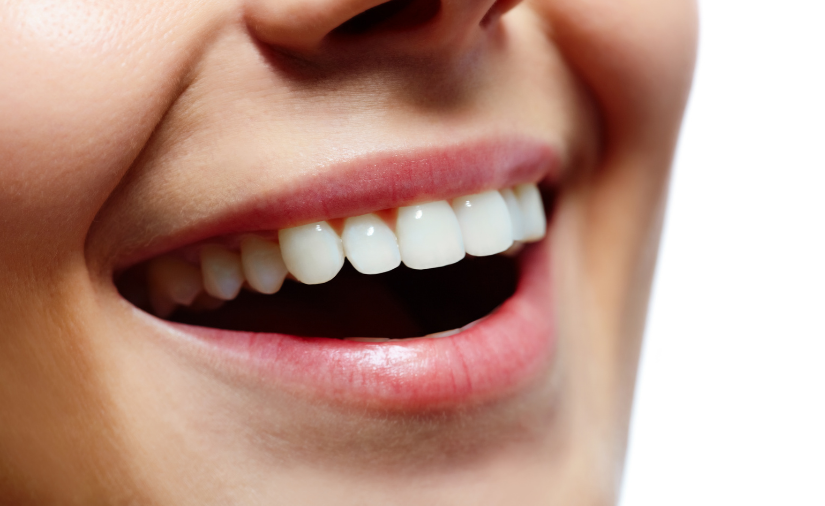
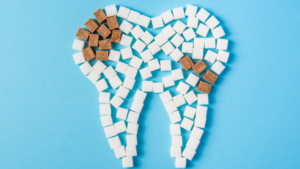 Cause: One of the
Cause: One of the  Tip #2: Prevent enamel erosion by limiting the consumption of acidic foods. When you indulge in acidic foods or beverages, brush and floss an hour afterward to clean out your mouth so acid doesn’t linger and cause enamel damage. You don’t want to brush and floss right after consumption of food and drink with acid because the acidic pH environment will allow your toothbrush to abrade the enamel away quickly. If you wait at least an hour, your saliva has a chance to neutralize your mouth.
Tip #2: Prevent enamel erosion by limiting the consumption of acidic foods. When you indulge in acidic foods or beverages, brush and floss an hour afterward to clean out your mouth so acid doesn’t linger and cause enamel damage. You don’t want to brush and floss right after consumption of food and drink with acid because the acidic pH environment will allow your toothbrush to abrade the enamel away quickly. If you wait at least an hour, your saliva has a chance to neutralize your mouth.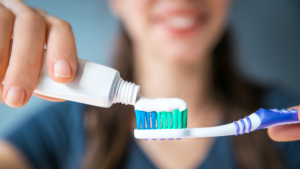 Tip #3: Prevent enamel erosion by making sure you’re using fluoride toothpaste and mouthwash. Fluoride is a naturally occurring mineral that, when added to toothpaste, mouthwash or your municipal water supply, helps remineralize lost calcium and phosphate ions and reinforce your teeth’s first line of defense, reducing chances of damage and decay.
Tip #3: Prevent enamel erosion by making sure you’re using fluoride toothpaste and mouthwash. Fluoride is a naturally occurring mineral that, when added to toothpaste, mouthwash or your municipal water supply, helps remineralize lost calcium and phosphate ions and reinforce your teeth’s first line of defense, reducing chances of damage and decay.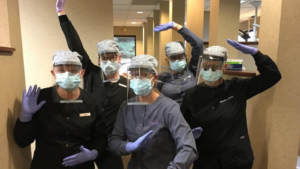 Tip #5: Prevent tooth erosion by visiting Eggert Family Dentistry for regular cleanings! At your
Tip #5: Prevent tooth erosion by visiting Eggert Family Dentistry for regular cleanings! At your 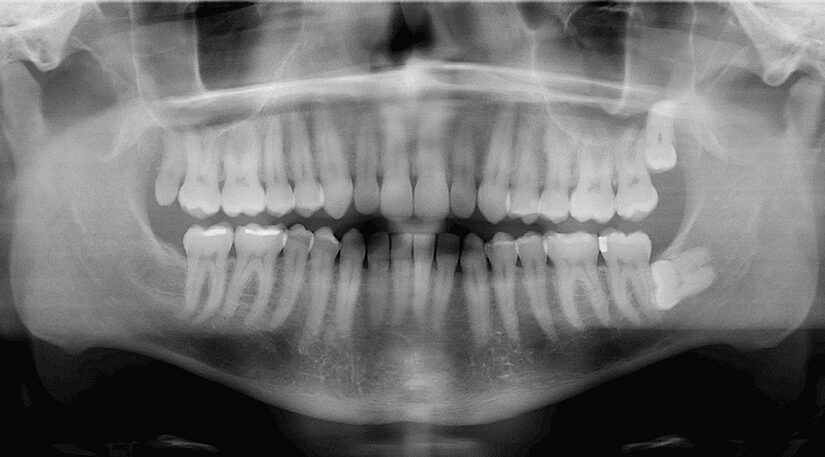
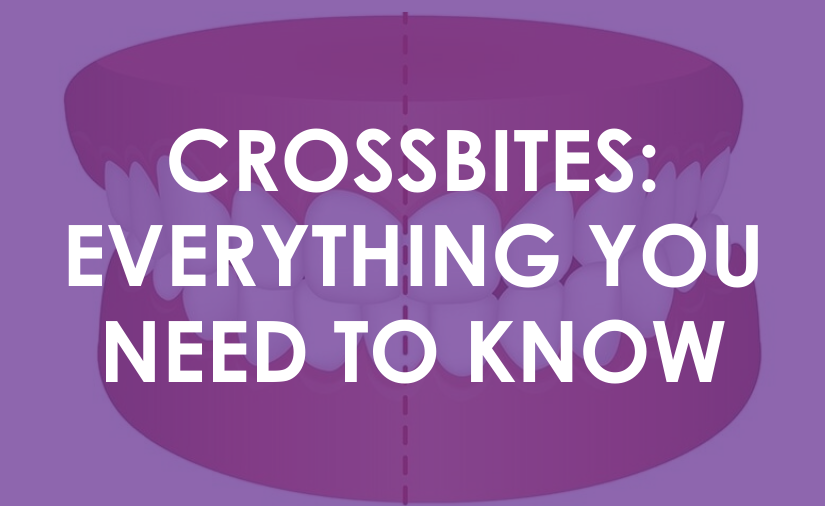
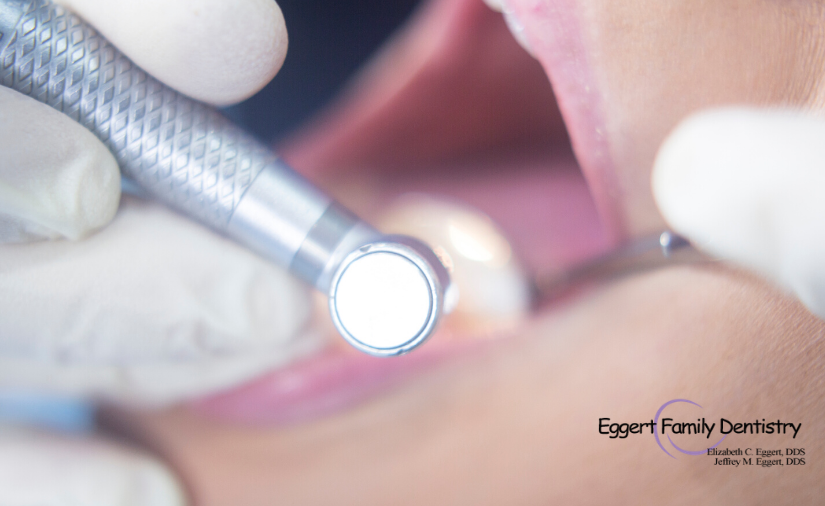


 When teeth and gums are not properly cared for, bacteria builds up, causing plaque to form and inflaming the gums. When gums become inflamed, bacteria can easily sneak under the gums and enter the bloodstream. Bacteria in the bloodstream can infect tissues throughout the body and make you sick.
When teeth and gums are not properly cared for, bacteria builds up, causing plaque to form and inflaming the gums. When gums become inflamed, bacteria can easily sneak under the gums and enter the bloodstream. Bacteria in the bloodstream can infect tissues throughout the body and make you sick.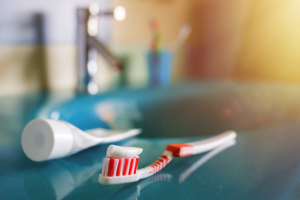 During cold and flu season, vigilance is your best defense. In addition to healthy eating, routine handwashing and getting enough sleep, it’s important to practice good toothbrush care. At Eggert Family Dentistry, we recommend tossing your toothbrush after any cold or flu to avoid the likelihood of reinfection. We also recommend washing your hands before you brush and floss, rinsing your toothbrush well and allowing it to air dry after each use and keeping family members’ toothbrushes separate from each other in order to avoid cross-contamination. And regardless of the season, don’t ever share a toothbrush!
During cold and flu season, vigilance is your best defense. In addition to healthy eating, routine handwashing and getting enough sleep, it’s important to practice good toothbrush care. At Eggert Family Dentistry, we recommend tossing your toothbrush after any cold or flu to avoid the likelihood of reinfection. We also recommend washing your hands before you brush and floss, rinsing your toothbrush well and allowing it to air dry after each use and keeping family members’ toothbrushes separate from each other in order to avoid cross-contamination. And regardless of the season, don’t ever share a toothbrush!
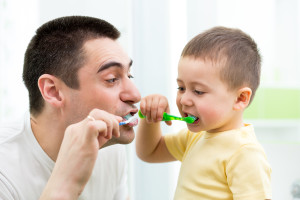 If you didn’t already have a case for taking good care of your mouth, hopefully understanding the connection your oral and physical health have with one another may help you. Here are some ways to maintain a healthy smile!
If you didn’t already have a case for taking good care of your mouth, hopefully understanding the connection your oral and physical health have with one another may help you. Here are some ways to maintain a healthy smile!